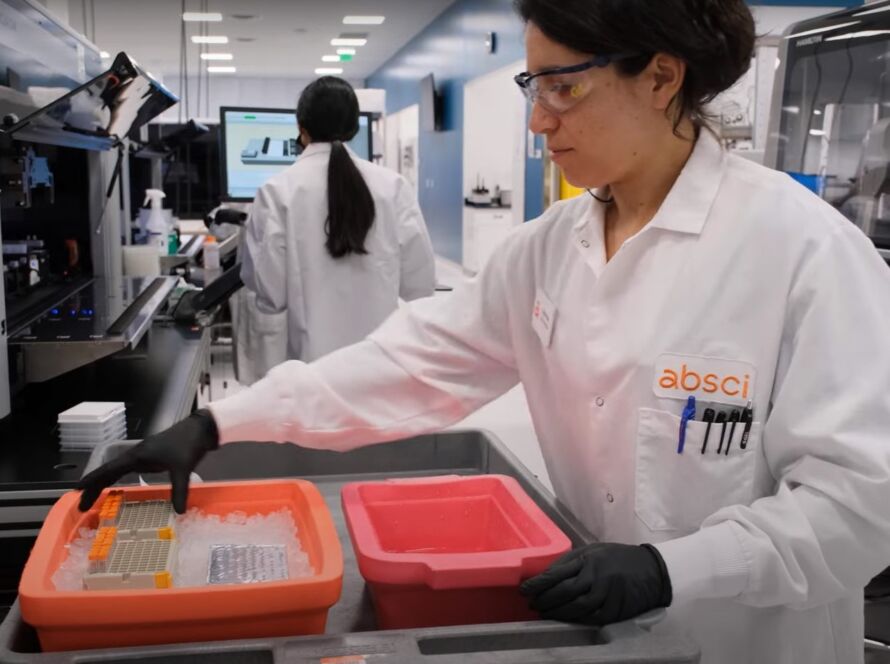Revolutionizing Medical Information Processes: The Emergence of AI ===
In today’s fast-paced world, the healthcare industry often faces challenges in managing vast amounts of medical information. However, with the emergence of Artificial Intelligence (AI), there is a glimmer of hope. AI has the potential to revolutionize the way medical information is processed and managed, ultimately leading to more efficient and effective healthcare delivery. This article explores the role of AI in streamlining medical information processes, highlighting the various ways it is transforming the industry.
===Efficiency Boost: How AI is Streamlining Medical Information===
One of the key areas where AI is making a significant impact is in the automation of administrative tasks. Traditionally, healthcare professionals have spent a considerable amount of time and effort on tasks such as data entry, documentation, and appointment scheduling. However, AI-powered systems can now handle these tasks seamlessly, freeing up medical staff to focus on more critical patient care activities. AI algorithms can accurately extract relevant information from medical records, reducing the chances of errors and enabling faster processing. This automation not only saves time but also improves the overall quality and accuracy of medical information.
AI is also streamlining the process of medical diagnosis. By analyzing vast databases containing patient records, symptoms, and treatment outcomes, AI algorithms can identify patterns and make predictions about potential diagnoses. This advanced analysis helps healthcare professionals in making more accurate and timely diagnoses, leading to better patient outcomes. Additionally, AI can assist in recommending personalized treatment plans based on an individual’s medical history, genetic information, and response to certain medications. By leveraging AI, medical practitioners can enhance their decision-making process and provide more tailored care to patients.
Furthermore, AI is playing a vital role in improving the accessibility and usability of medical information. Through the use of natural language processing, AI systems can understand and interpret medical texts, making it easier to extract relevant information needed for research, clinical trials, and evidence-based medicine. AI-powered chatbots and virtual assistants are also becoming increasingly common in healthcare settings. These AI-driven tools can interact with patients, answer their queries, and provide basic medical advice, thereby improving patient engagement and satisfaction. By streamlining the process of accessing and utilizing medical information, AI is bridging the gap between patients and healthcare providers.
AI: Transforming Medical Information for a Better Future===
The role of AI in streamlining medical information processes cannot be overstated. From automating administrative tasks to improving diagnosis accuracy and enhancing accessibility, AI is transforming the healthcare industry. By reducing the burden of manual data entry and documentation, AI enables medical professionals to dedicate more time to patient care. With advanced analysis and prediction capabilities, AI assists in making more accurate diagnoses and personalized treatment plans. Additionally, AI-driven tools are improving the accessibility and usability of medical information for both clinicians and patients. As AI continues to evolve, its impact on streamlining medical information processes will only grow, leading to a more efficient and effective healthcare system for all.


